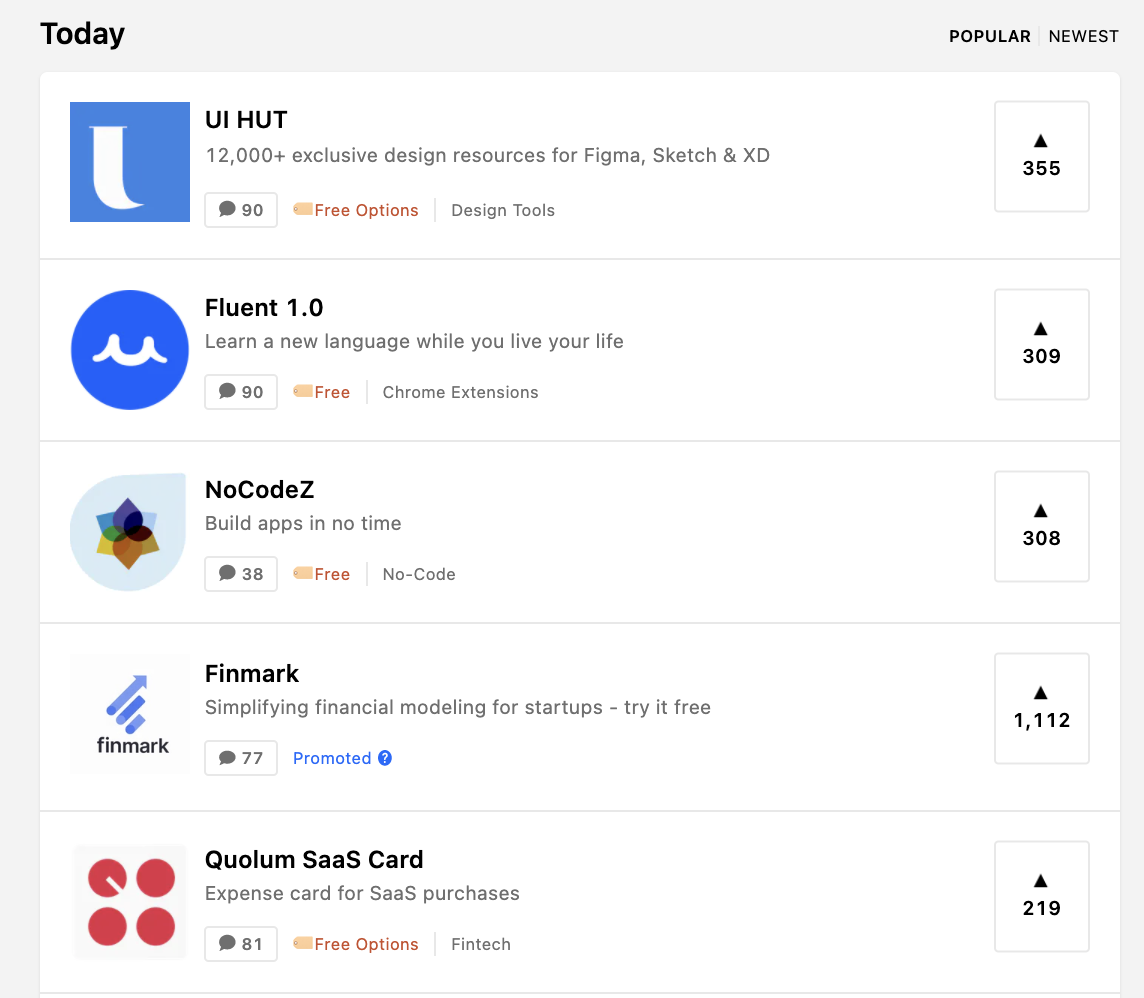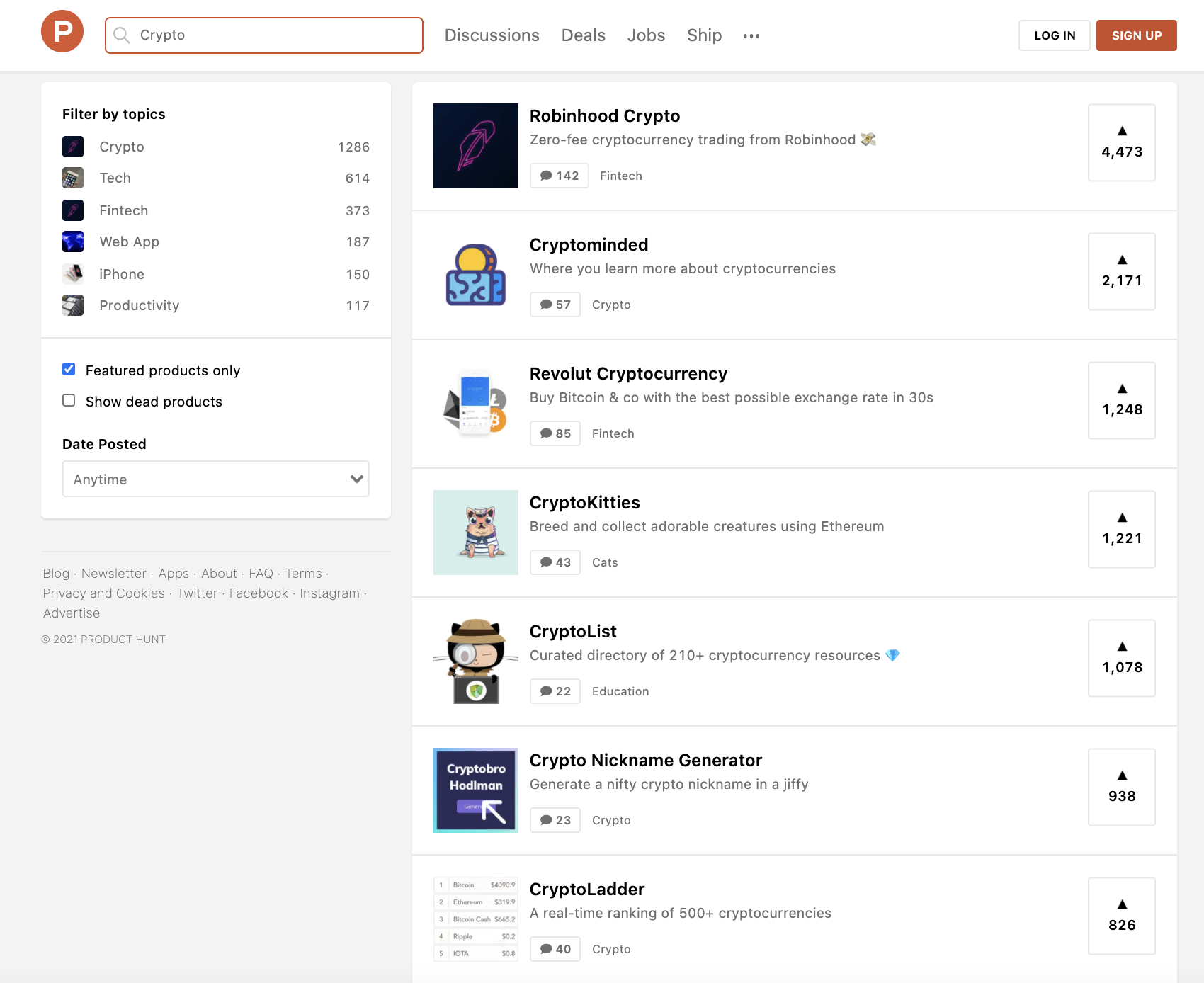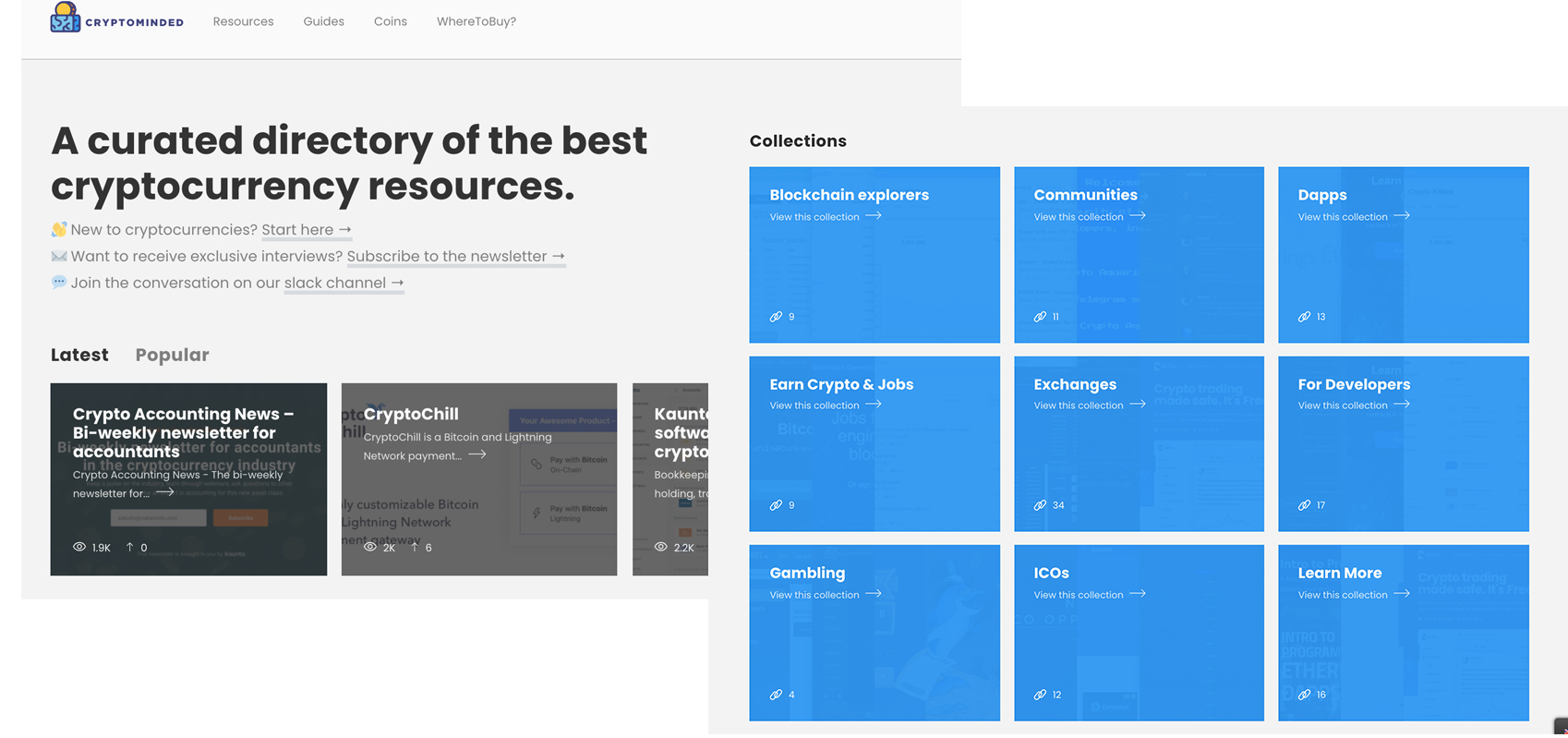I’m going to get very tactical in this essay.
I’m going to pull back the curtain on a strategy that I’ve leveraged personally and for clients to help generate millions in both visitors and traffic. This technique is one of those ideas that I’m confident will be stolen and re-told by hundreds of marketing gurus in the coming months.
They’ll see this idea. take it, reshare it and someone will dm me and say:
“Ross, that’s WHY you don’t give away your secrets!”
But I won’t care… Because my goal is simple:
I want to help B2B marketers stop creating boring content and help elevate this industry. If that means someone will steal an idea or two here and there — so be it. But as long as that idea can result in some amazing content that shakes up the industry…. I’m happy.
So let’s get to it.
Let’s take a second and pretend we’re a new software that happens to be operating in the cryptocurrency space. The actual use case of the software isn’t that relevant for this example but let’s say the overarching goal for our content marketing efforts are simple:
1) Create content that gets shares
2) Create content that gets press/links
3) Create content that gets relevant traffic
Where do you start with this effort?
For me… It always goes back to a simple fundamental idea.
Uncover content market fit.
Content market fit is a subject that I first talked about back in 2019 when I shared my content market fit framework which outlines the steps brands can take to ensure that every asset they publish drives results. Let’s dive in and discuss the concept of Content – Market Fit and an example of how you can use the methodologies within the framework to identify ideas worth sharing.
First → What is Content-Market Fit?
It’s the act of validating the content you wish to create with the market you’re going after. For example, if you’re going to create content for accountants — it’s important that you know:
> The type of content they want
> The formats of content they like
> The messages they want to read
> The tone of the content that resonates
> The stories that will capture their attention
> And the channels in which they’re spending time
Because once you know these things… The game of content marketing gets easier.
In our cryptocurrency example, let’s assume that the audience is technical by nature and love innovative products. Let’s also assume that these people would likely spend a lot of time trying to stay on top of the latest and greatest products on the market. These are the people who signed up for Clubhouse before everyone else and bought NFTs before most people even heard the phrase.
These are people who likely spend a lot of time on sites like ProductHunt.com.
What’s ProductHunt? It’s a place where businesses, innovators, makers and entrepreneurs submit links to new products and the community votes on what things they love. Every day a handful of products are added to the site and the community votes for the ones they love. The top products rise to the top and the products that are less interesting kinda just fall through the cracks.
Here’s what it looks like:

So as you can see…
The top product today is “UI HUT” followed by “Fluent 1.0” and “NoCodeZ”.
Here’s where things get interesting.
That top ‘product’ called “UI Hut” isn’t *really* a product in the traditional sense of the word. It’s not a SaaS product that takes data, manipulates it and turns into something else. There’s no database. There’s no user interface that allows you to create things. It’s an information product.
You know…
Just like any other content resource that a brand could create if they put their heads together. In this case, UI HUT is a collection of web templates, illustrations, icons and UI kits that you can pay to access. There’s 12,000+ resources inside so don’t get me wrong — it’s a valuable thing.
But it’s also something that can be replicated by a content creator.
Imagine:
HR HUT → Filled with contracts, employee letters, memos, interview docs, performance plan docs, promotion docs, processes for hiring & firing, etc…
Or…
MARKETING HUT → Filled with content calendar templates, pitch samples, ad templates, blog post templates, brief formats, hiring cheatsheets, media budgets, etc…
The opportunities are endless.
But Product Hunt doesn’t just provide inspiration in this way.
You can also uncover inspiration by leveraging ProductHunts search functionality. Let’s go back to our cryptocurrency example again. You can go to Product Hunt and type “Crypto” into the search bar.
You will quickly be met with a search results page that looks like this:

Now… It might be difficult for a marketer to recreate Robinhood Crypto or CryptoKitties.
In fact, it would probably be impossible.
But what’s not impossible is for a marketer to look at this list and say:
“Okay, all of these products have more than 800 upvotes on Product Hunt (meaning they were likely the #1 product of the day when they went live) so which of them can I recreate?”
Ah…
Cryptominded → Learn more about cryptocurrencies
Cryptolist → Curated directory of 210+ cryptocurrency resources
Crypto Nickname Generator → Generate a nifty crypto nickname
Crypto ladder → A real time ranking of 500+ cryptocurrencies
Notice a trend?
All of these are information based.
So this presents a HUGE opportunity.
Our imaginary cryptocurrency software company could create a resource section on their site just like Cryptominded and collect a bunch of more up to date resources on crypto topics:

This collection could be a living, breathing resource for folks interested in the niche.
Or…
They could create their own variation of the crypto nickname generator.
One of my favorite content marketing strategies is the act of developing free tools and resources. Generators aren’t exactly the easiest thing to create but they can pay massive dividends. Shopify is a brand that has utilized generators to capture millions of dollars in value.
Here’s some of the free generators offered by Shopify:
> Invoice generator
> Paystub generator
> QR code generator
> Privacy policy generator
> Refund policy generator
In fact, free tools / generators have helped Shopify generate 188,000+ backlinks and millions of annual visitors. This is a simple idea that you can uncover by embracing the idea of using Product Hunt to discover content-market fit.
But it doesn’t just end here.
The same methodologies I’ve shared above can be applied to other channels and communities. It’s through the act of research and observation that you can find ideas worth creating and content ideas that are likely to drive meaningful and measurable results for your business.
So go get’em.
Steal this idea, or learn more best practices to give your new product its best chance at success.
Create something great and watch the results trickle in.
I’m rooting for you.







